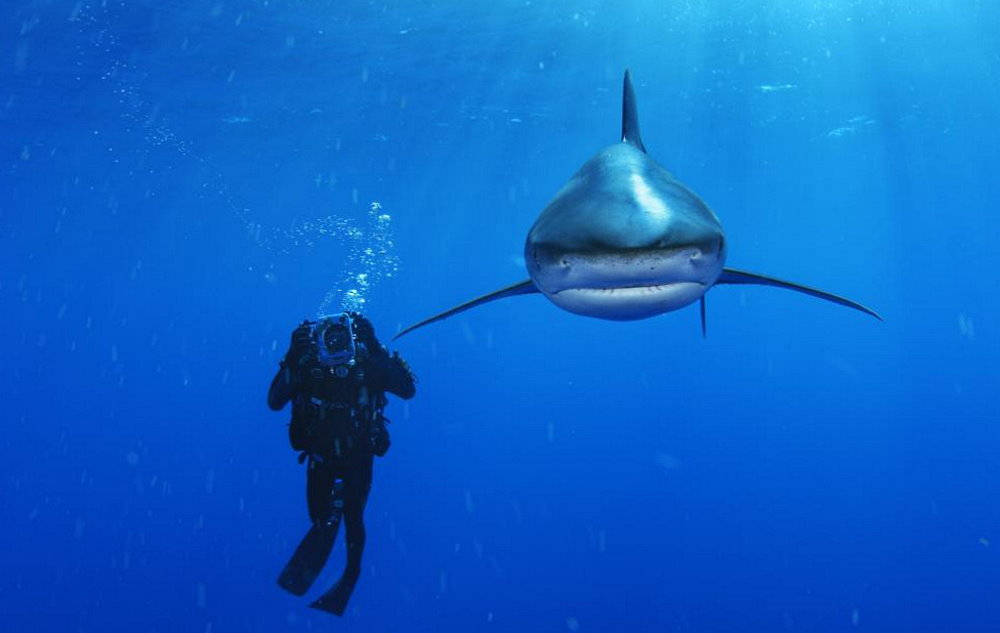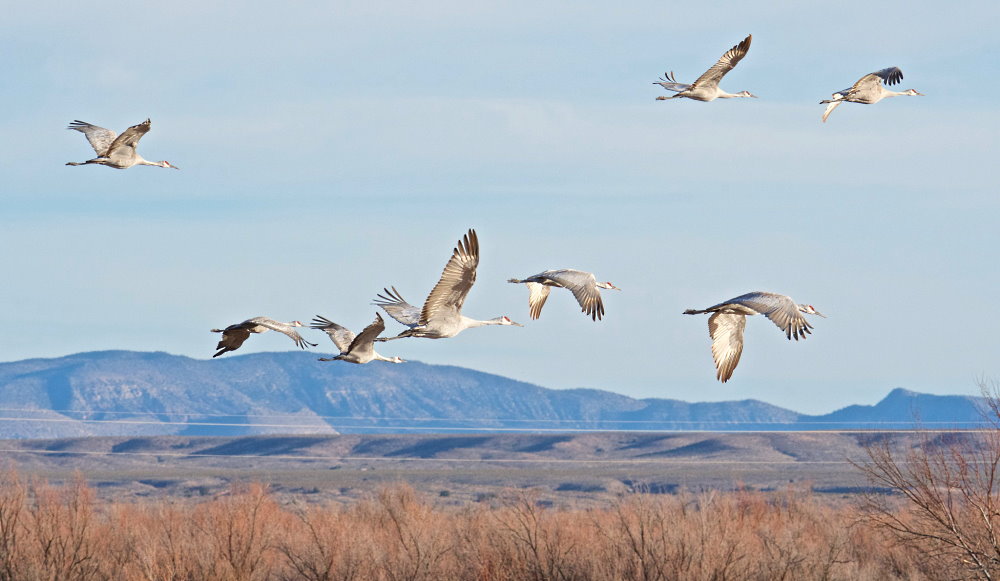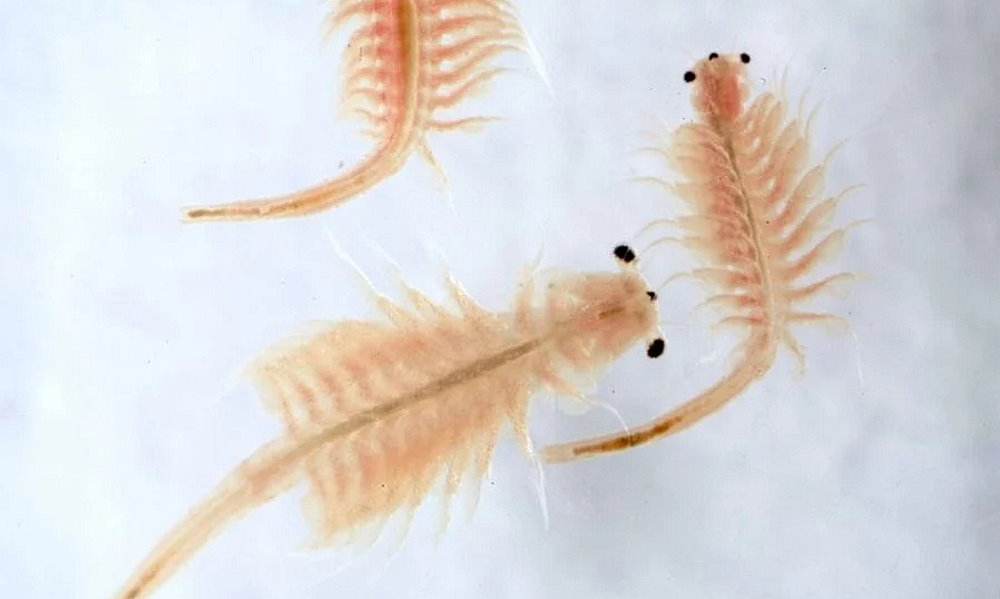Take a Monkey to Lunch Day was created to celebrate fascinating primates—monkeys, lemurs, and other relatives of humans. The goal of this holiday is to raise awareness about their habits, lifestyles, species diversity, and the challenges they face in the modern world.
History
Take a Monkey to Lunch Day is supported by various environmental and cultural organizations, including the Louvre Museum, the Smithsonian Institution, National Geographic, Greenpeace, and the National Gallery in London. Zoos across the globe also take part, hosting themed events that showcase the intelligence and creativity of primates. Some even exhibit paintings made by monkeys or host live demonstrations of their problem-solving skills. Restaurants and cafés sometimes offer banana-based specials in honor of the day.
The purpose of the holiday is to educate the public about the realities of life for primates and the threats they face. By participating in this celebration, people can help improve the welfare and conservation efforts for these incredible animals.
Interesting Facts About Monkeys
- Monkeys can carry and transmit diseases such as yellow fever, smallpox, and other lesser-known viruses.
- The world’s smallest monkey is the pygmy marmoset, which is only about 7 inches long.
- Primates from Central and South America are called New World monkeys, while those from Africa and Asia are known as Old World monkeys.
- Humans did not evolve from monkeys. Instead, both species share a common ancestor from around 30 million years ago.
- Old World monkeys typically have narrow noses and are often ground-dwelling rather than tree-climbing.
How to Take Part
Celebrate by learning more about primates—visit a zoo, watch documentaries, or follow educational content on animal-focused TV channels. Consider donating to an organization that protects primates or supports conservation efforts. You can also share facts and raise awareness about the holiday on social media.
When is Take a Monkey to Lunch Day in 2025?
Take a Monkey to Lunch Day is observed annually on July 21.
Observations
| Weekday | Month | Day | Year |
| Monday | July | 21 | 2025 |
| Tuesday | July | 21 | 2026 |
| Wednesday | July | 21 | 2027 |
| Friday | July | 21 | 2028 |
| Saturday | July | 21 | 2029 |




